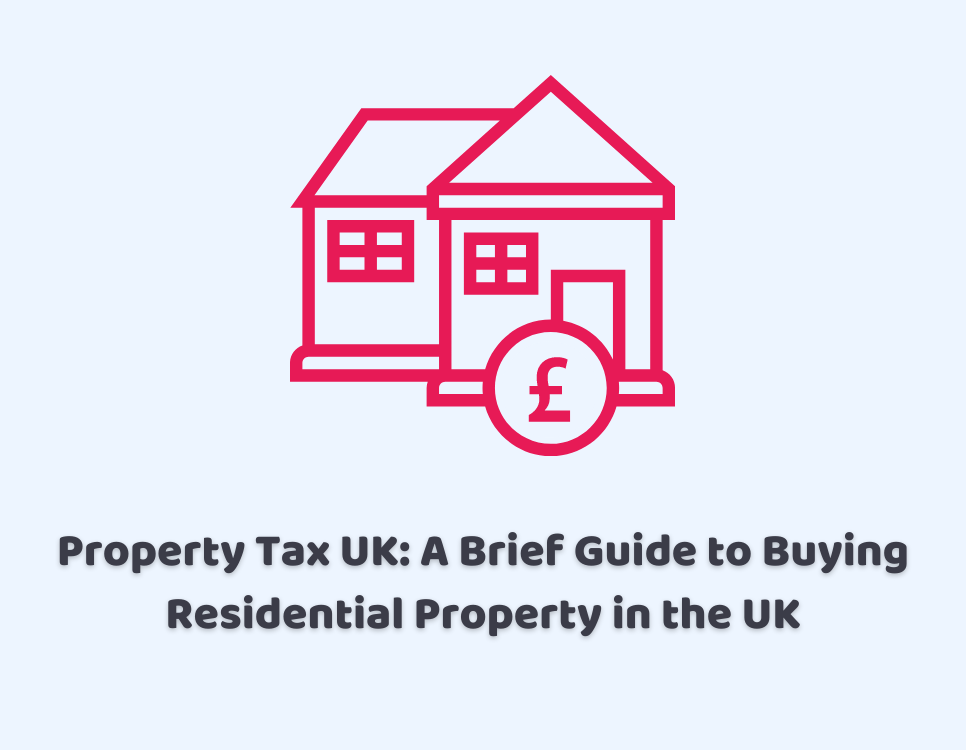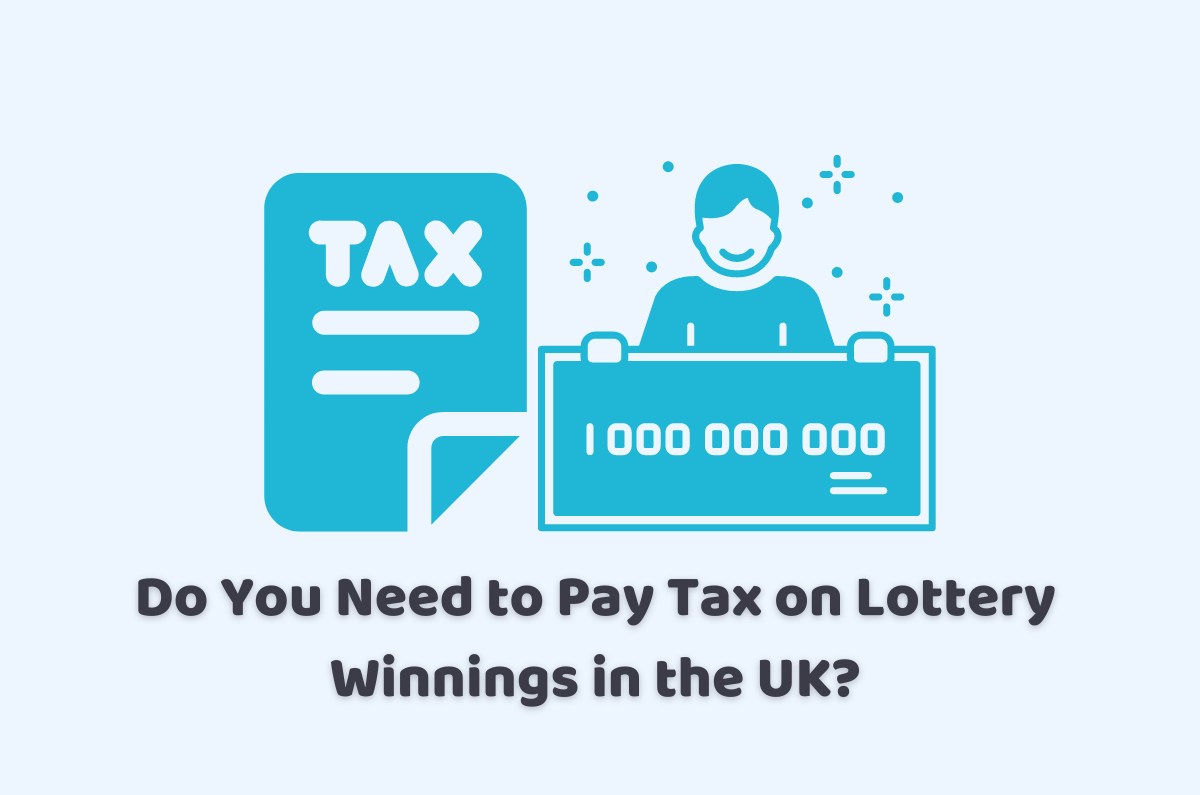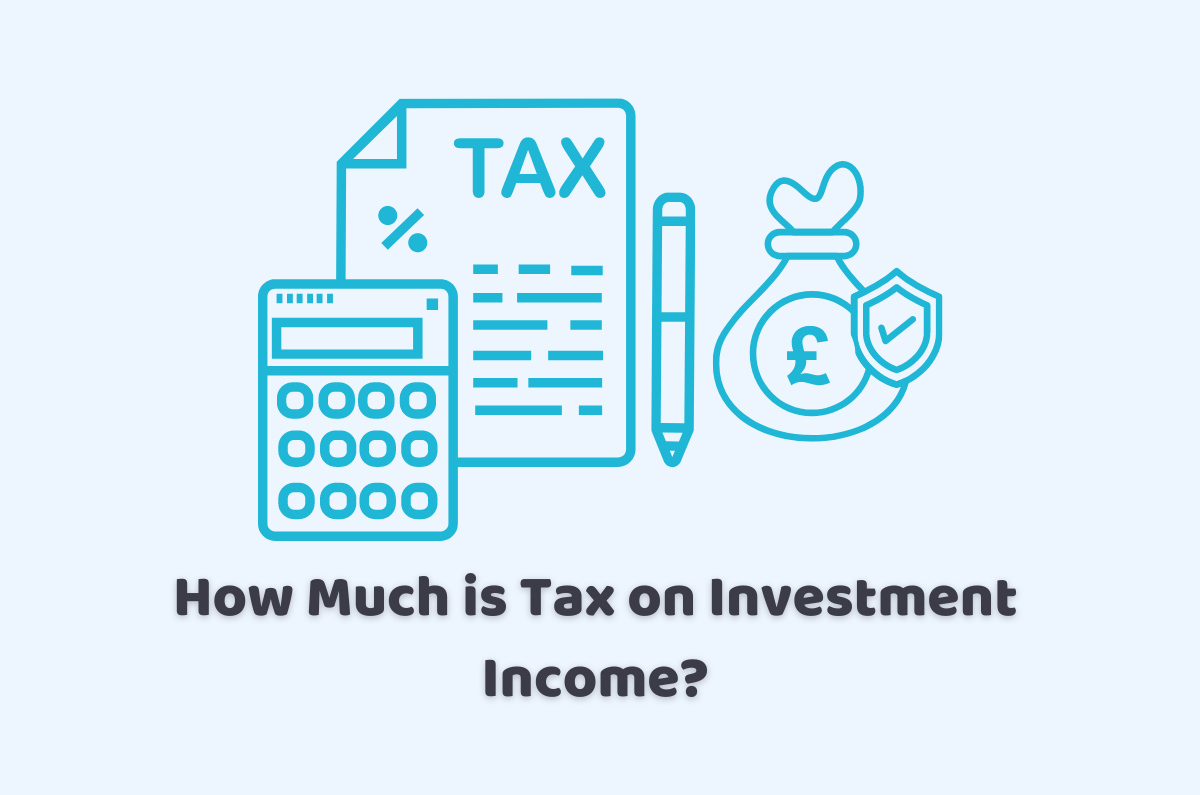
11/08/2021Landlord , Personal Tax , Tax Issues , VAT
Taxes are always unexciting. However, if you want to buy or sell a property in the UK, you need to know the ins and outs of property taxes in the UK. So let’s delve deep into it. Currently, the UK government is focusing more on imposing taxes on residential property. In this instance, certain changes have been made that have added more complexity to the property tax system. In addition, the UK property market has also attracted a large number of foreign buyers to invest in residential properties. So, if you are pondering to buy a property in the UK, you need to take expert advice from our tax accountant before making a final decision. In this blog, we’ll have a look at some of the main property taxes in the UK.
Let’s kick off with Stamp Duty Land Tax (SDLT)!
Want to buy or sell a UK property, get bespoke tax advice beforehand from our experts to be on the safe side. Contact us right away!
Stamp Duty Land Tax (SDLT)
Whenever you buy a residential property in the UK, you need to pay SDLT. The rate of tax depends on the worth and nature of the property. There are various tax rates depending on the different tax bands of the value of the property. Here is the table to show the SDLT rates from 1st July to 30th September 2021 as per your property value:
| Property or Lease Premium or Transfer Value | SDLT Rate |
|---|---|
| Up to £250,000 | 0% |
| £250,001 to £925,000 | 5% |
| £925,001 to £1.5 million | 10% |
| Over £1.5 million | 12% |
However, these rates vary onward from 1st October 2021
| Property or Lease Premium or Transfer Value | SDLT Rate |
|---|---|
| Up to £125,000 | 0% |
| £125,001 to £250,000 | 2% |
| £250,001 to £925,000 | 5% |
| £925,001 to £1.5 million | 10% |
| Over £1.5 million | 12% |
In case of buying your first home from 1st July 2021 onward. You are exempted from SDLT up to the purchase of £300,000. In addition, you need to pay 5% if it is from £300,001 to £500,000.
You need to pay an additional 3% if you buy a new or additional residential property. If you’re a non-UK resident (not present in the UK for 6 months) you need to pay a 2% surcharge on purchasing a residential property in England/ Northern Ireland.
There are many reliefs and exemptions available as per your circumstances.
Get in touch with our accountants to mitigate SDLT!
Inheritance Tax (IHT)
When it comes to property tax in the UK, you can’t overlook inheritance tax. The beneficiaries of the deceased person need to pay 40% of the IHT if the value of the estate is above the nil rate band £325,000. There are many ways to mitigate IHT by transferring the properties to direct heirs like a spouse or civil partner. In addition, you can also provide gifts to your children, donate assets to charities and put the assets into a trust to reduce or avoid IHT.
These techniques seem appealing, however, there are severe tax consequences. Therefore, taking advice on inheritance tax is beneficial to avoid paying extra taxes.
Capital Gains Tax (CGT)
Along with SDLT and IHT, Capital Gains Tax is a tax payable on the increased value of the property at the time of disposal or selling. If a property is not your main home (like buy to let properties, business premises, inherited property or land) and you make a gain by selling or disposing of, you need to pay 28% Capital gains Tax. Sometimes this rate may vary. It should be payable within 30 days of disposal.
Although gifts are exempted from CGT, but you need to remember that gifts can have a wide range of tax consequences. So it is a better practice to take expert advice before making a gift.
Worried about the Capital Gains Tax and ATED, let our accountant handle it!
Annual Tax on Enveloped Dwellings (ATED)
ATED is paid mainly by companies owning a residential property above £500,000. This amount is charged as per different bands based on the property’s value. Here is the table that shows the annual charges of the property value from 1st April to 21st March 2022:
| Property value | Annual charge |
|---|---|
| £500,000 to £1 million | £3,700 |
| £1 million to £2 million | £7,500 |
| £2 million to £5 million | £25,300 |
| £5 million to £10 million | £59,100 |
| £10 million up to £20 million | £118,600 |
| Over £20 million | £237,400 |
These rates increase on annual basis as per the inflation. You can claim reliefs on these in an ATED return.
Income Tax
If you’re buying a residential property for the purposes of letting, you need to pay income tax on the rent received by the tenant. The rate of income tax starts from 0% to 45% as per the amount of rental yield. The deadline to file a UK tax return is at the end of the tax year (6 April – 5 April) landlords (non-residential) need to submit a UK tax return to show their rental yield, and pay any income tax (by the following 31 January).
Succession Planning
If a deceased person has not left a will before dying, the government will distribute the estate under UK intestacy law. This law may not be favourable for you when it comes to taxes. Therefore, it is advisable to prepare a will while purchasing a property in the UK. By doing this, it will provide certainty for passing wealth to the person who’s mentioned in the will and it will ensure the tax position of your estate at the time of death.
Quick Sum Up
Hopefully, this blog has helped you to know the basic details of property tax in the UK. So while buying, selling, transferring or inheriting property in the UK, you need to consider the property taxes like SDLT, CGT, IHT, ATED and income tax. Bear in mind that these taxes vary based on various factors and keep on changing from time to time. Furthermore, the rates are not the same for all. These are different for residential and commercial landlords and for the native and non-natives. In addition, there are many allowances and exemptions available to avoid or mitigate the property taxes of the UK.
So taking advice from a tax expert is recommended for detailed tax and legal advice to avoid hefty property tax implications and to boost your savings. Reach out to our accountants today for expert advice!
Disclaimer: This blog provides general information on property tax UK.



